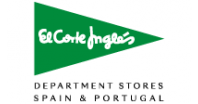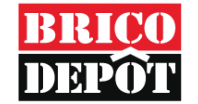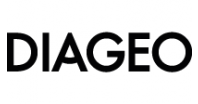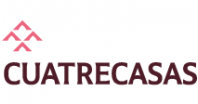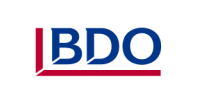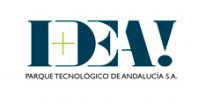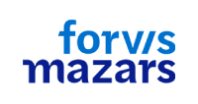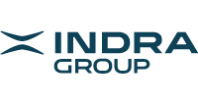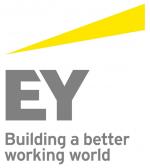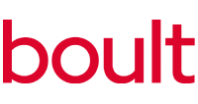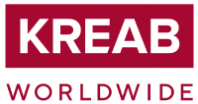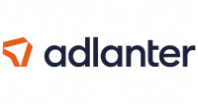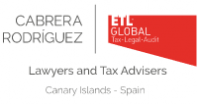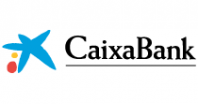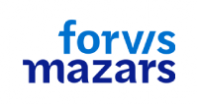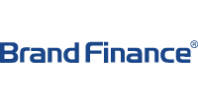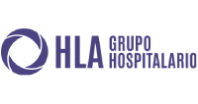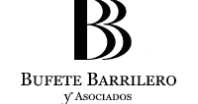Noticias de la Cámara
How the UK’s financial services sector can continue thriving after Brexit
19/10/2016
Open Europe has published a new report looking at the value of the EU financial services ‘passport’ and considering what alternative arrangements the UK should pursue as part of the upcoming Brexit talks with the EU-27.
Open Europe has published a new report, ‘How the UK’s financial services sector can continue thriving after Brexit’. The study offers a comprehensive, independent assessment by unpicking the true value of the EU financial services ‘passport’ – the ability to provide services across the EU from a base in London – and considering what alternative arrangements the UK should pursue as part of the upcoming Brexit talks with the EU-27.
Key conclusions
- The financial services ‘passport’ is not a single thing. In reality, there are a series of sector-specific passports built upon dozens of financial regulations and principles. In some sectors, the passport is important to the business, but in other sectors it has much less value. The assertion that the success of the City of London is based on full and complete access to the EU single market in financial services is not borne out by our analysis. However, the loss of the passport could be damaging to some sectors if the Government does not negotiate effective alternative arrangements with the EU.
- The passport works best in banking (wholesale and investment). Around a fifth of the banking sector’s annual revenue is estimated to be tied to the passport. The passport in banking is also a two-way street, with a number of large EU banks making significant proportions of the revenue in London via the passport. Deutsche Bank, for instance, gets 19% of its revenue in the UK.
Passporting works less well for asset managers, given that a number of technical barriers remain to marketing funds across the EU (e.g. supervisory and legal fees). Many of the larger funds already choose to operate European subsidiaries, rather than relying on a passport. A large chunk of EU clients’ assets are already kept in funds domiciled in Dublin and Luxembourg, with management delegated to the UK. Based on a recent industry survey by the Investment Association, we conclude that a maximum of around 7% of assets managed in the UK would be under direct threat from the loss of the passport.
- Insurance is a global industry: 28% of insurance exports went to the EU in 2015, compared to 44% for financial services in general. There is no real single market in insurance in the EU. Up to 87% of insurers operating across borders in the EU do so via subsidiaries rather than branches (reliant on the passport). Lloyd’s of London is an important exception to this. The current regulations allow the pool of underwriters based in London to serve clients across the EU. However, even this only accounts for 11% of the market’s gross written premium, £2.9 billion – with possibly as little as £800 million (3%) directly reliant on the passport.
- If the current passporting system is lost, there are three broad alternatives: ‘equivalence’, bespoke agreements and local arrangements.
- In some cases, equivalence can offer access to the single market when a country is judged by the EU to have a broadly equivalent regulatory and supervisory regime. However, it is a partial solution. While some EU regulations offer passport-like rights for third countries (e.g. MiFIR) others offer no equivalence at all (e.g. CRD IV). Granting equivalence is also a political decision, requiring a judgment from the European Commission, and can take several years. That being said, the UK starts from the basis of having the exact same regulations as the EU – something which should make equivalence easier to achieve.
- Negotiating bespoke deals to keep passports based on certain EU regulations will be necessary where equivalence is not available. There is precedent for this, for example the EU has a bespoke agreement with Switzerland on the provision of direct insurance (not including life insurance) via branches.
- Where the Government does not succeed in negotiating cross-border access, financial firms will still be able set up local branches and subsidiaries if they wish to continue to provide services in certain member states. However, this may require significant investment in terms of capital, staff and infrastructure and may involve moving some of it from the UK.
You can read the full article and the report in this link.








